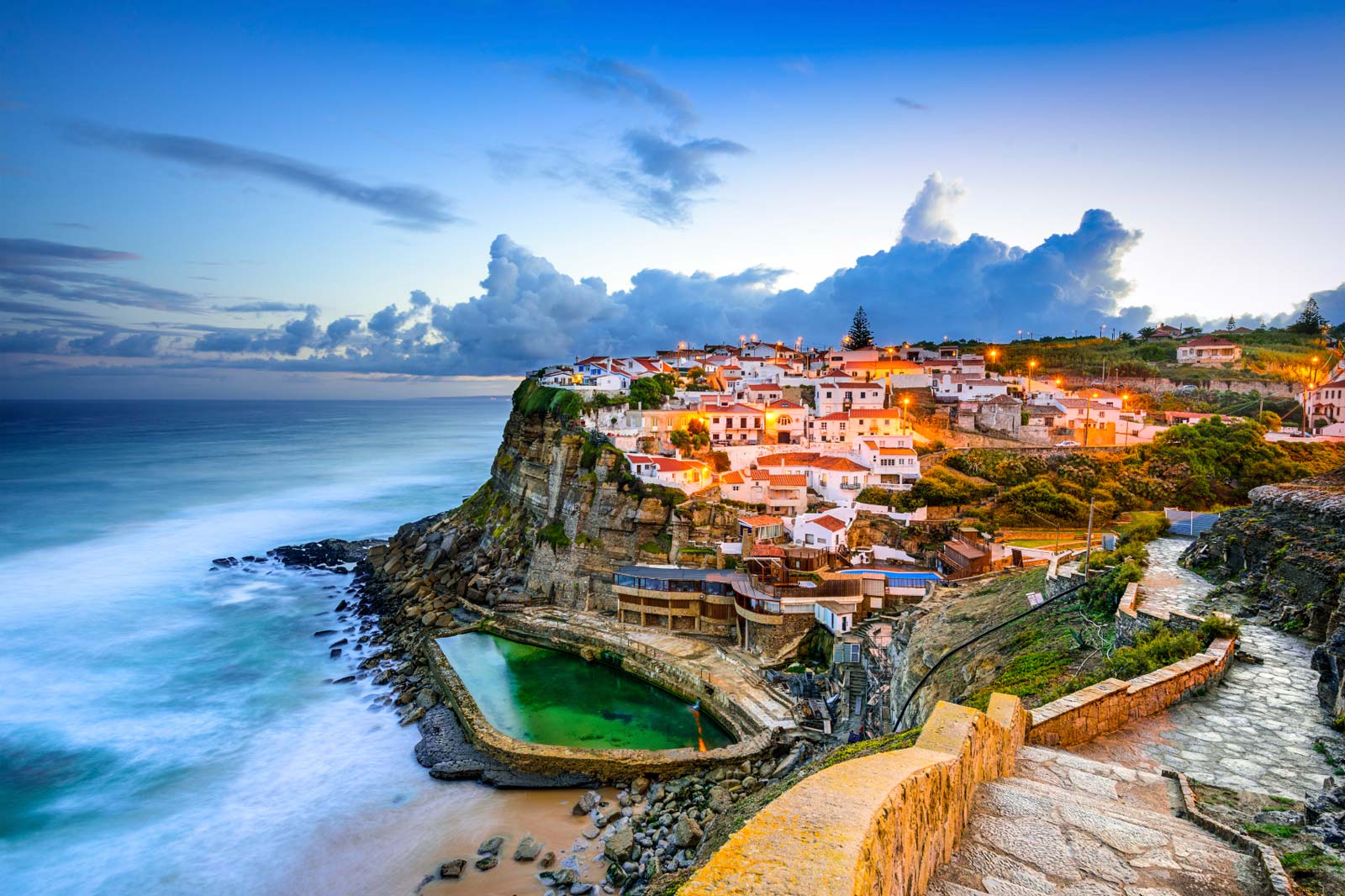Portugal (the official name is the Portuguese Republic) is a country located on the southern and western Atlantic coasts, bordering Spain. The form of government is the Parliamentary Republic. Led by the President. Government of Portugal - Chairmanship of 14 ministers. The country is a member of such organizations as NATO, UN, OECD, EU, Commonwealth of Portuguese-speaking countries. The country's territory is divided into 18 districts, which are divided into 308 municipal districts, consisting of parishes.
The island territories of Portugal - the Azores and Madeira - have the status of autonomous regions. The amendment of the text of the constitution in 1990, when the law on the privatization of enterprises was passed, directed the economic policy of Portugal towards the liberalization and modernization of the economy. Portugal, as a natural trade hub between Europe and America, has an open economy and seeks to attract foreign investment.
- The official language is Portuguese.
- Currency - Euro (EUR).
- The main sources of income are the textile and footwear industries, automotive and mechanical engineering, cork, ships, fishing, tourism.
- Corporate law of Portuguese companies is based on the Napoleonic Code.
Main types of taxes:
- Corporate Tax . All profits earned by a company in Portugal regardless of location or source of income are subject to taxation. However, the two-tier taxation system (national - 25%, regional - up to 2.5%), depending on the type of activity of the company, allows you to receive either tax discounts or full exemption from certain types of taxes.
- VAT - the rate on the mainland is 21%, the rate on the islands is 15%.
- Stamp Duty - not charged if a transaction is made between a company in Portugal and a foreign company that is not offshore according to the list established by the Portuguese Ministry of Finance.
- Social Tax - paid from the payroll of employees.




.png)

